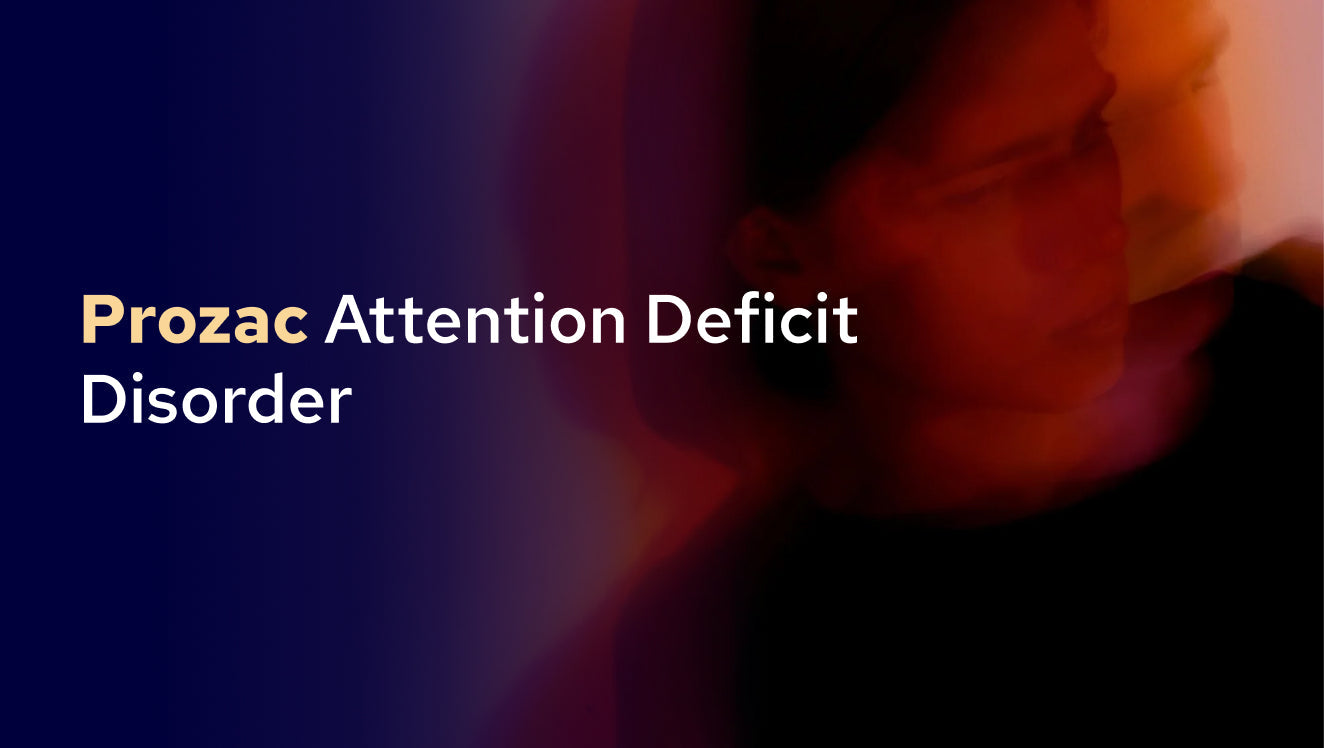When they discuss the problem of attention, they tend to think of a hurried mind, their inability to rest, or their inability to remain with a task. The struggle is not the same to many, however, it is heavy, slow, unmotivated or even emotionally flat. It is the sort of concentration problem, which does not arise out of hyperactivity but rather, it is as though, the emotional center of the brain, just quietly consuming a part of the energy which would otherwise be consumed by the attention.
To such people, the conventional stimulant accounts do not quite explain their lived experience. They are more attentive when they are in a better mood, their surroundings are safer or their nervous system is balanced. And with height of emotion, attention is lost almost immediately.
That is why the hypothesis that certain attention problems are not cognitive in nature, they are limbic, has been a longstanding study by neuroscientists and clinicians. Emotional tone, motivation and threat perception are functions of the limbic system which establishes the energetic background of the interactions of the brain with the world. The concentration of this system is not an easy task when strained regardless of the intentions.
This emotional-attention relation is the core of a theory sometimes called limbic attention deficit, which holds that emotional deactivation or persistent low-mood conditions can replicate the symptoms of traditional attention disorders. We expand on this point of view in our article on what the theory implies regarding the limbic-based attention issues, particularly those in people who do not conform to the prototype of ADHD
What Prozac Does-
Prozac is also an SSRI, this is an abbreviation that represents the fact that it increases the levels of serotonin, the chemical that helps in maintaining a healthy mood, stability of emotions as well as mental relaxation.
It helps with:
-
Anxiety
-
Depression
-
Irritability
-
Emotional sensitivity
-
Stress reactivity
However, it is not a direct treatment of ADHD, since dopamine and norepinephrine are the primary pathways of ADHD, rather than serotonin.
But to most Prozac is good still--but some other door.
ADHD Is Not Only About Attention, its about regulation-
There are two brain regions that are involved:
The Amygdala
This mechanism is fast and severe in ADHD
It can create:
-
overthinking
-
irritability
-
anxiety
-
emotional overwhelm
The Prefrontal Cortex
This is an area that requires tranquility in order to work.
Naturally, focus collapses when the amygdala is too loud.
Prozac assists by reducing emotional responsiveness, which allows the prefrontal cortex to have room to perform its functions.
When Prozac Benefits ADHD Patients
a) ADHD + Anxiety
This is the most widespread association.
A nervous brain is unable to concentrate.
Prozac lowers the level of anxiety which prevents the working memory and concentration.
b) ADHD + Depression
Depression causes intellectual confusion.
Attention tends to stabilize once the mood is improved.
c) Emotional dyscontrol or rejection sensitivity.
Prozac brings emotional stability to those who are intensely emotional.
d) In case of side effects of stimulants.
Some people can’t tolerate:
-
rapid heartbeat
-
Jitteriness
-
appetite loss
Also read - autism vs adhd in women
What’s Happening Inside the Brain?
The part of the brain, the prefrontal cortex, which is in charge of planning, prioritizing, and sustained attention, does not exist alone. It relies on the limbic system to provide emotional energy, interest and meaning. Once this system is dysregulated, attention starts disintegrating in three ways that can be predicted:
1. Emotional Low Energy
A low-motivation or a low-dopamine state of a limbic system will inherently suppress the motivation needed to start or maintain a task.
2. Threat Sensitivity
With the limbic system scanning danger even minor interpersonal or internal stressors can drain attention.
3. Unregulated Arousal
When your nervous system oscillates between over-stimulation and de-activation, then attention is not stable, but fluctuates and becomes reactive.
The patterns are prevalent specifically in individuals who experienced chronic stress or in those individuals with a highly sensitive emotional system. And, interestingly, they are more common in women, in which the manifestations of attention issues are frequently manifested in emotional overload, internal distress, or even silent burnout as opposed to hyperactivity. This neglected aspect is more thoroughly examined in our article on the unique presentation of ADHD in women, featuring the explanation as to why it is not identified over a number of years.
Conclusion-
Prozac is not an ADHD treatment, but it may facilitate the emotional problems that complicate the management of ADHD.
When you are distracted, when you are stressed, or when you are easily carried away, then mood regulation may be equally crucial as "focusing on focus.
Your brain isn’t failing.
It is safeguarding you, changing, and attempting to establish equilibrium.
In neuroVIZR we value this comprehensive opinion:
When the nervous system feels secure and nurtured, attention becomes less demanding.
FAQs
Is Prozac good for someone with ADHD?
Prozac isn’t an ADHD medication, but it can help when attention problems come from anxiety or low mood. By calming the limbic system, it reduces emotional noise that blocks focus. Many people with ADHD + anxiety or depression feel clearer when mood is stabilized.
Can Prozac cause focus issues?
Sometimes yes, early on, Prozac can make some people feel slowed down or foggy. This happens when serotonin shifts before the brain’s energy system adjusts. If the fog doesn’t improve, a medical review is needed.
Can Prozac help with autism?
Prozac doesn’t treat autism itself, but it can support symptoms like anxiety or repetitive thoughts. Its benefits vary because every autistic nervous system responds differently. It is used as a supportive, not primary, treatment under medical guidance.
Disclaimer-
This content is for informational purposes only and is not medical advice. neuroVIZR is not a medical device. Please consult a qualified healthcare professional for any concerns about medication, attention issues, or mental health.




























Share:
Limbic Attention Deficit Disorder: What the Theory Suggests and What Science Currently Supports
Hyperactivity Disorder in Adults Symptoms